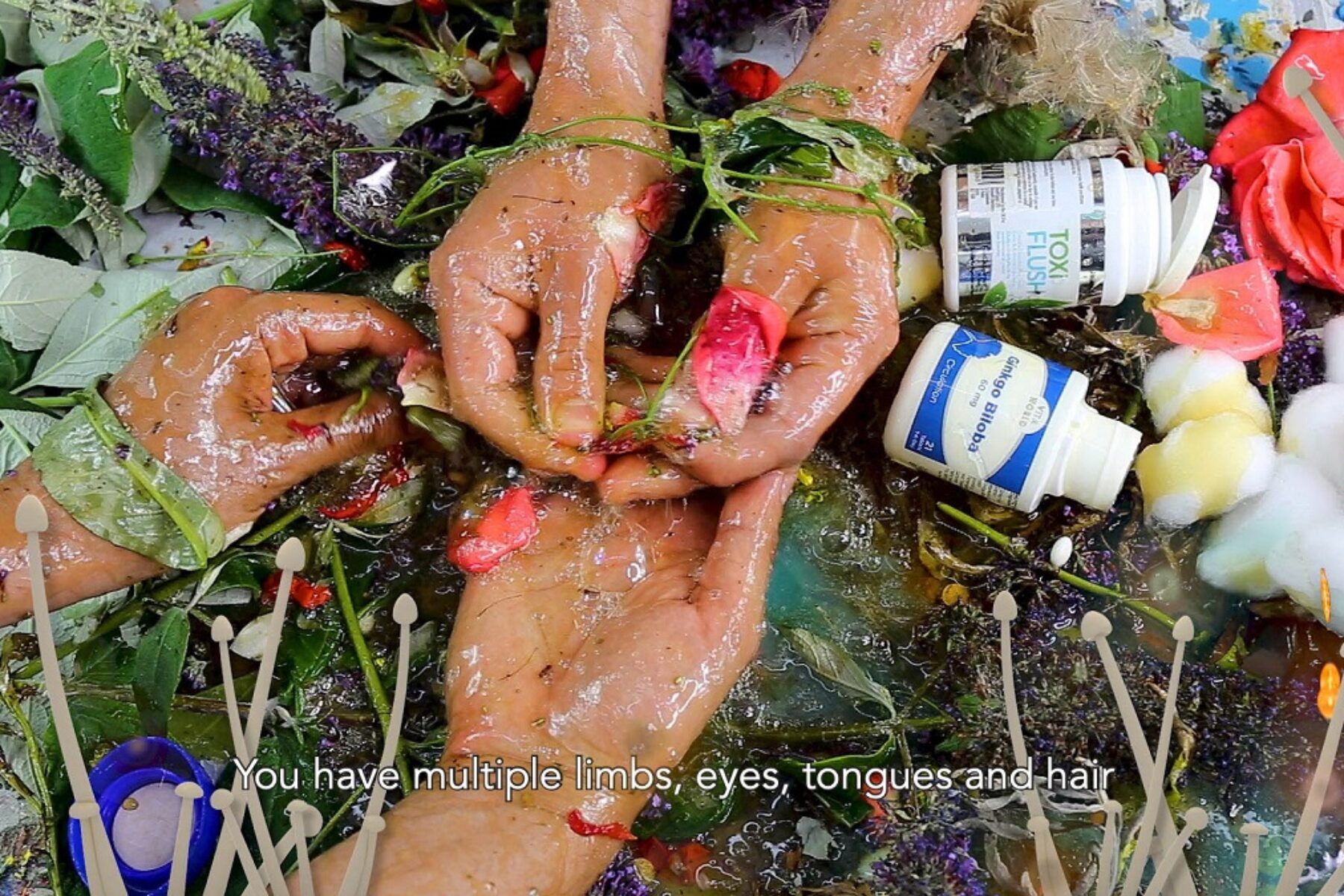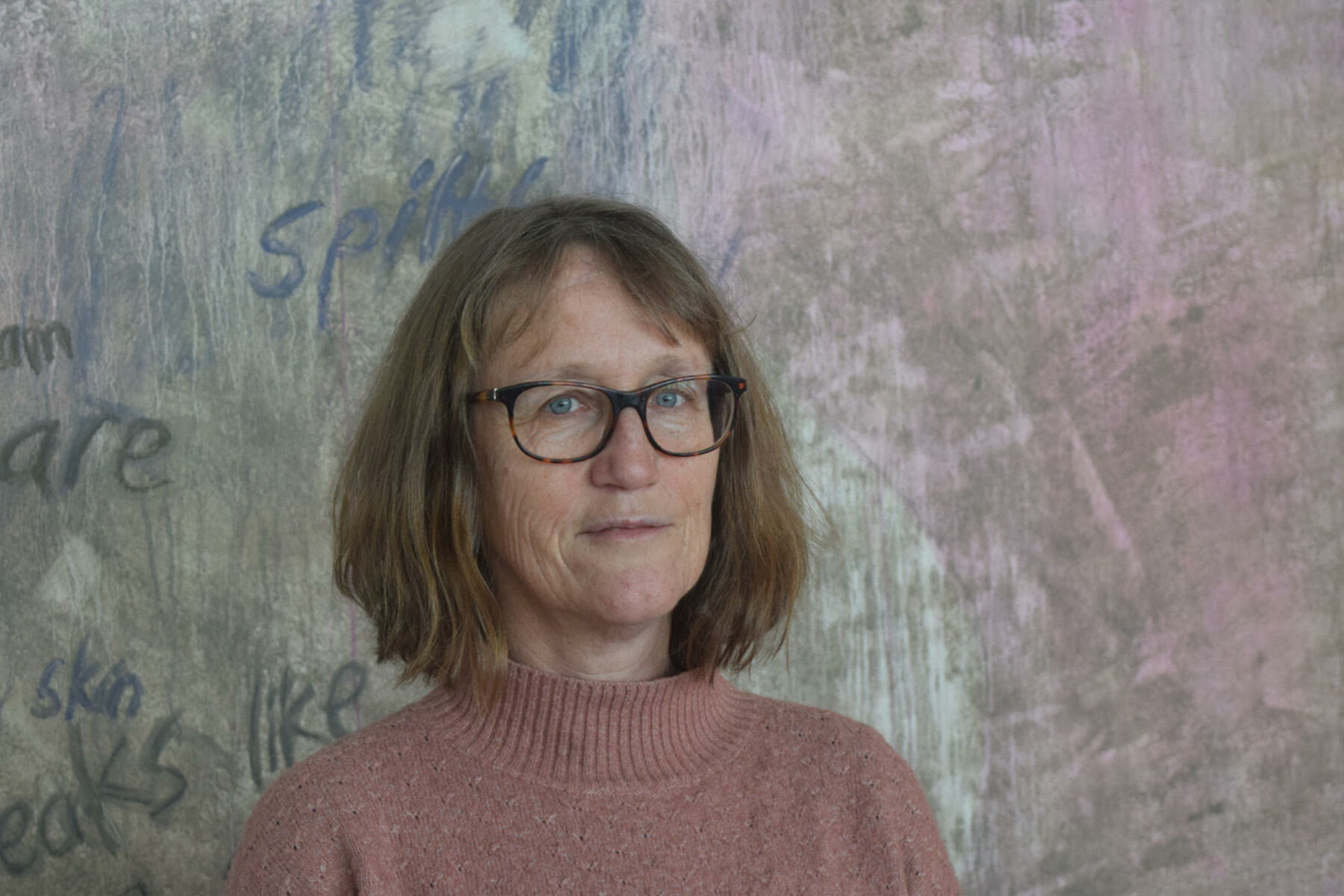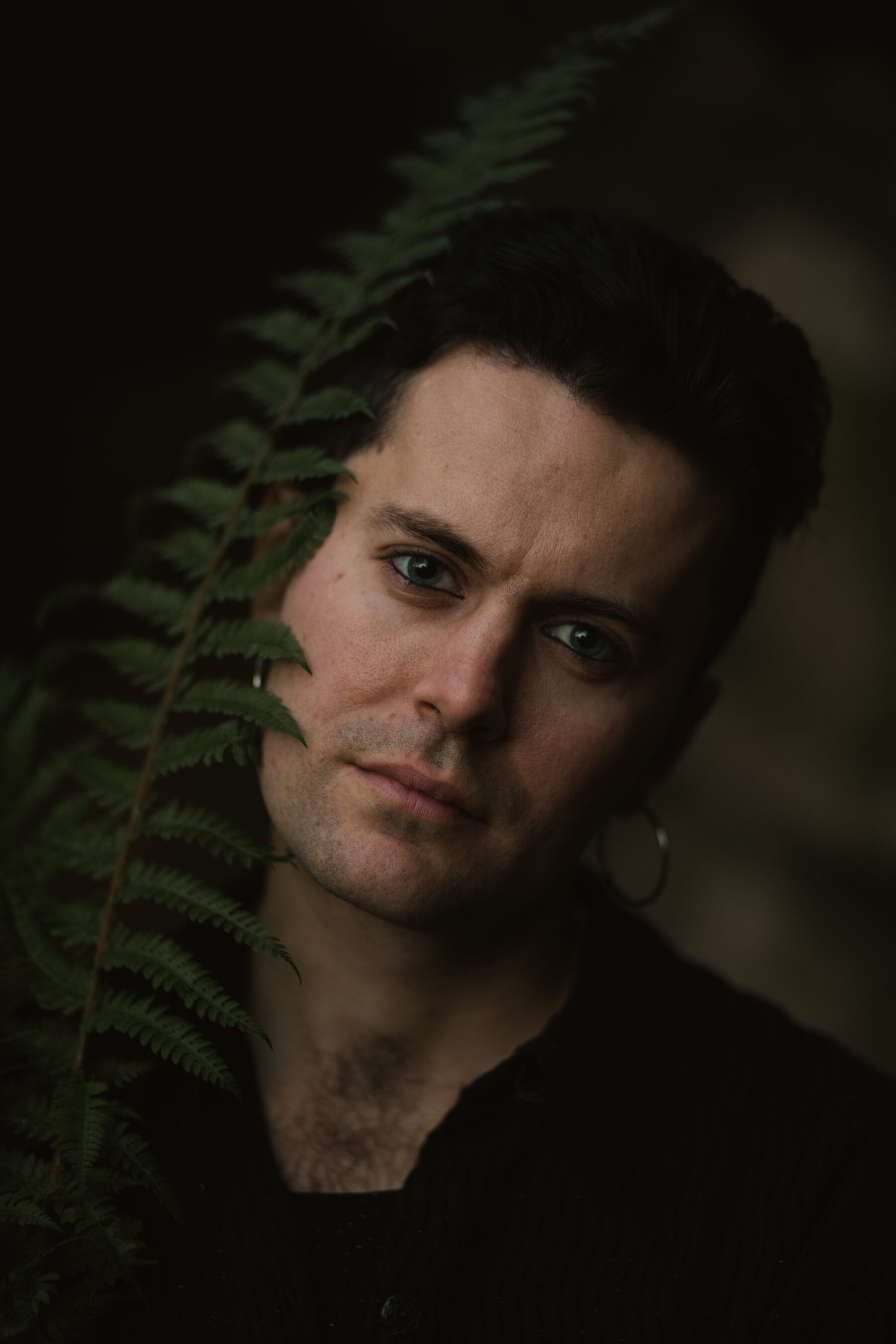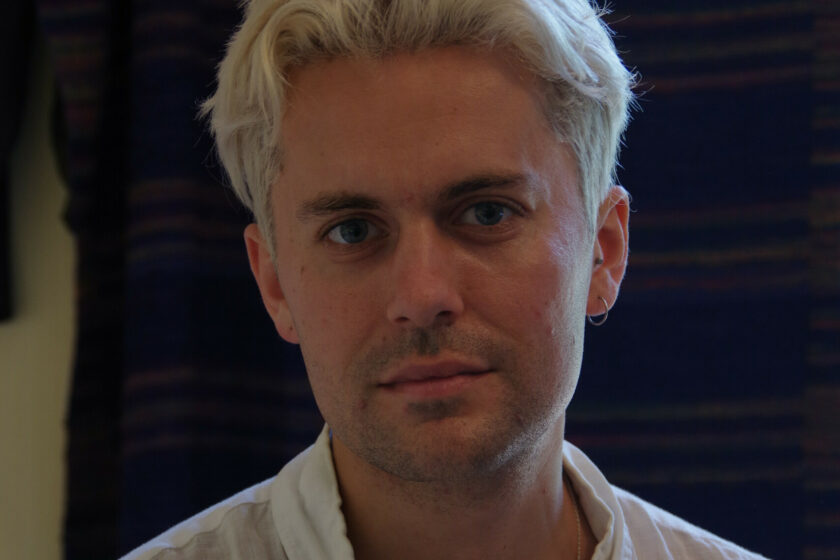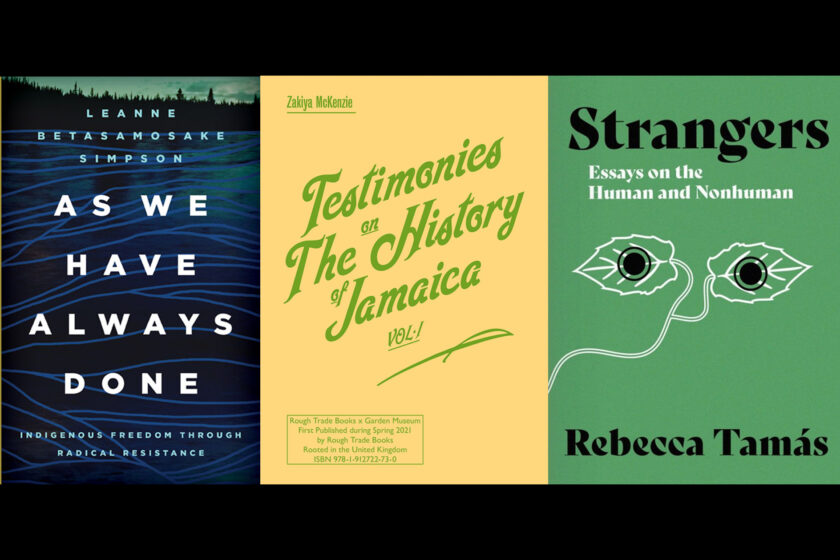What does it mean to desire beyond the “human”? How might ideas of decomposition and soil regeneration expand our notions of reproduction and remediation beyond the logics of the human? Where do we draw the line between a symbiotic relationship and a parasitic one? How can we use speculative visual and textual practices to respond to the Earth’s current distressing conditions? These are some of the questions posed in the second public reading group of the Body-Forest programme.
This dynamic, hybrid session included films, small group conversations and live readings from artists and writers including Adham Faramawy, Paul Samuel White, Octavia Butler and Jenny Hval. These works were brought into an open conversation with the work of feminist thinker Maria Puig de la Bellacasa who explores how an intersectional embrace of breakdown and decay can lead to regenerative, ecosocially situated acts of care amidst contagion, exploitation and toxicity. Together we traversed through multispecies entanglements of contagion, ageing and decay, monstrosity and speculative fictions of polymorphous desire.
All participants received a PDF with optional readings in advance of the event. We encourage you to support your local booksellers by buying copies of the books online via Bookshop.org
The event began with a screening of selected film clips and an introduction to some of the key themes in the reading extracts. We then broke off into smaller groups for discussion, moving outside to enjoy the evening.
Veronica Vickery
Veronica Vickery is a visual artist living on a boat near Bristol. She is drawn to places and materials that are constantly changing: tidal mudflats, river detritus, floating carcasses and rusty paint-pitted boats. She works between performance, living materials and art objects, and across microscopy, text and painting to respond to living in a dynamic river environment and wider eco/political concerns. She is working with scientists exploring aquatic micro-organisms (funded by the Brigstow Institute, University of Bristol) and she is a recipient of a WEVAA R&D bursary (2022). Previous work includes ‘Vessels, Water, Mud, Care’, (Spike public programme, 2021) and ‘The Best of Bristol Living’ (Centre of Gravity, 2020). Her work has been included in shows at Tate Exchange (2019), the Pavilion, Hauser & Wirth Somerset (2017) and the survey show Imagined Landscapes, Royal West of England Academy (2016). She holds an art-practice-based PhD in Cultural Geography from University of Exeter (2016) and is an Honorary Research Associate at University of Bristol.
www.veronicavickery.co.uk
Jack Young
Jack Young is an artist and participatory educator living in Bristol. He writes experimental fiction and non-fiction with a focus on queer ecologies, and his hybrid chapbook Urth will be published by Big White Shed in 2022. He co-hosts the literary podcast Tender Buttons. As an educator, he works with young people from migrant and refugee backgrounds, developing arts-based critical pedagogy with a particular emphasis on multilingual filmmaking, applied theatre and creative writing. He has worked with schools and institutions in Barcelona and London including MACBA, Institut Moisès Broggi, Royal Academy of Arts, Horniman Museum, Tate and Gasworks. Jack is the recipient of the 2022 Spike Island Engagement Fellowship for South West-based Curators.
www.jackmyoung.net
The Body-Forest
The Body-Forest is a programme of engagement activities and public events conceived by Jack Young, recipient of the 2022 Spike Island Engagement Fellowship for South West-based Curators. The programme explores how thinking of the body as an interconnected ecosystem rather than as a machine – a metaphor developed under capitalism – might shift the way we think about our human connection to the world. Drawing on the work of biologists Pierre Sonigo and Shrese, among others, The Body-Forest includes participatory workshops, discussions, radical history walks, reading groups and more. The programme interrogates how the concept of the Body-Forest might de-centre the human, and change the way we think about time, language, desire and community in an age of overlapping social and ecological crises.
This event is part of the West of England Visual Arts Alliance programme, supported by Arts Council England.


